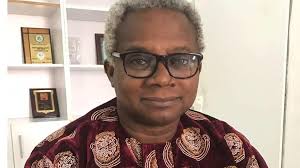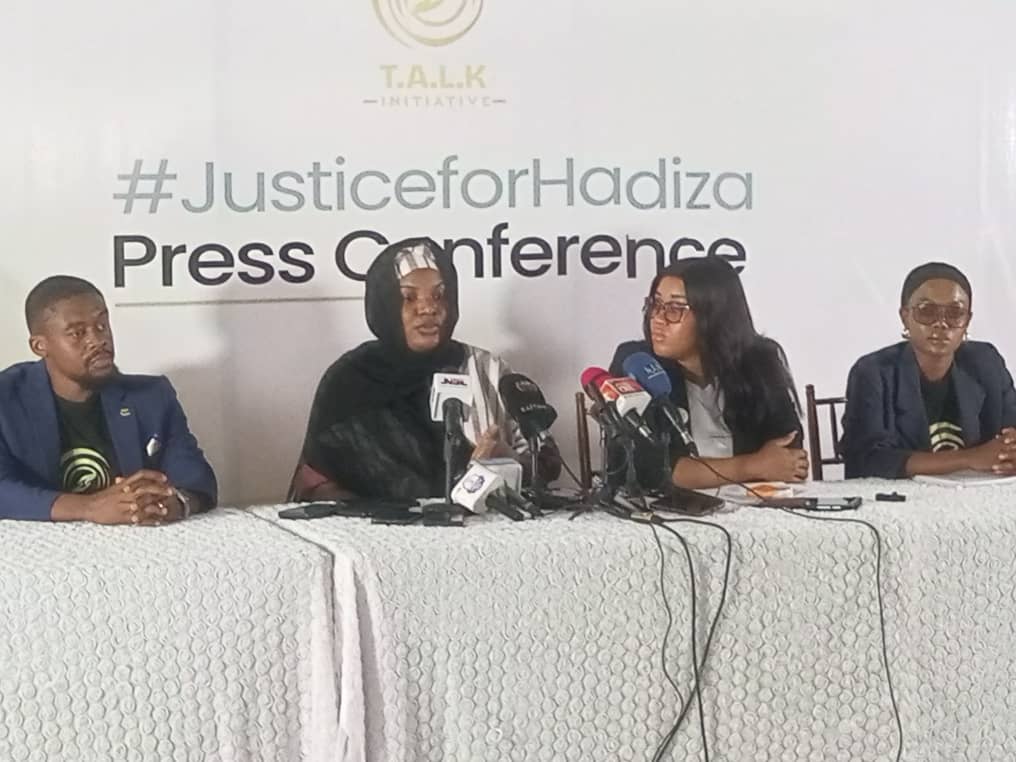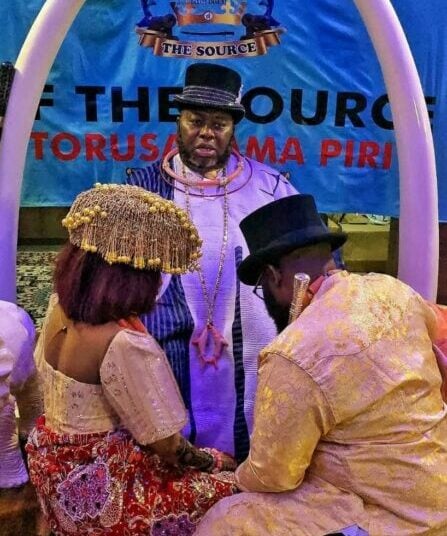In the world of Nigerian politics, 12 million votes is not child’s play. It’s a number that can shake the system, cause political earthquakes and—let’s be honest—make even the most seasoned godfathers sit up straight. That figure, many believe, is the legendary political asset left behind by former President Muhammadu Buhari, who, whether loved or loathed, commanded an unshakable mass following, especially in the North.
But according to Osita Okechukwu, a founding member of the ruling All Progressives Congress (APC) and former Director-General of the Voice of Nigeria, that vote-bank is not just up for grabs like akara on a Saturday morning. He believes no current political figure, no matter how loud their campaign speakers or how colourful their agbada, has what it takes to inherit Buhari’s “Mai Gaskiya” legacy.
Speaking at an interdenominational service held in Abuja to honour Buhari, Okechukwu didn’t mince words. In his view, many of those scrambling to claim the so-called Buhari bloc lack the very ingredient that made the man a phenomenon—character.
“Buhari’s shoes are too big,” Okechukwu said. “And I mean size 48 moral shoes o, not just the physical ones.” He pointed out that while many politicians today may be loud on Twitter and busy on campaign trails, they lack the integrity, discipline, and moral compass that earned Buhari the trust of millions, particularly in the North.
The Myth of 12 Million Votes
The idea of Buhari’s “12 million vote-bank” is rooted in his consistent electoral performance over two decades. Even when he lost elections, his numbers from the North remained impressively high, a testament to the deep respect many had—and still have—for his no-nonsense, spartan lifestyle and perceived honesty.
According to Okechukwu, this loyalty was not built on money politics or dancing at rallies but rather on decades of perceived transparency and public service—ranging from his time as military governor of the old North-East, Petroleum Minister, PTF chairman, and eventually, civilian president. “This is someone who served from 1975 to 2025 without a known corruption stain,” he said.
Compare that with today’s politicians, some of whom Okechukwu subtly accused of “stripping Nigeria’s assets bare in the name of privatisation” and relying on vote-buying tactics. “You can’t campaign with cash and expect to inherit a man who campaigned with trust,” he quipped.
Not Just a Northern Affair
Some analysts have assumed that Buhari’s vote strength can be replicated by simply picking a candidate from the North. But Okechukwu dismissed that logic as outdated and even insulting to Northern voters.
“Northern electorates are among the most sophisticated in Nigeria,” he said, reminding Nigerians that in 1993, many in the North voted overwhelmingly for Moshood Abiola, a Southern Muslim. And in 2023, Bola Tinubu—a Yoruba man—received more votes from the North than from his own backyard.
For Okechukwu, this is evidence that the average voter in Sokoto or Maiduguri is not as blindly tribal as some power-hungry politicians assume. “It’s not about where you’re from—it’s about what you stand for,” he said.
Warning Bells and Political Realities
Okechukwu also sent a subtle but clear warning to those trying to use Buhari’s image and old political structures, like the defunct Congress for Progressive Change (CPC), to reposition themselves. He accused some aspirants of trying to hijack Buhari’s legacy through the backdoor—particularly via the African Democratic Congress (ADC)—but said that attempt has already failed, thanks to pushback from core Buhari loyalists like Tanko Almakura and Aminu Masari.
And for those scheming to distort the North-South power rotation arrangement, Okechukwu cautioned: “Thread softly. Equity and fairness are the glue holding our democracy together. Trying to force a shortcut could break it apart.”
A Legacy, Not a Giveaway
In the end, Buhari’s 12 million votes are more of a legacy than a political estate that can be inherited through clever slogans, social media virality, or tribal pandering.
“His support base was built on 50 years of consistent values, not 50 campaign posters or Instagram videos,” Okechukwu noted with a wry smile. “Those who think otherwise should go and ask their ancestors.”
So, as the race for 2027 begins to quietly simmer beneath the political surface, one thing is clear: anyone dreaming of riding on Buhari’s coattails better come with more than just ambition. They’ll need clean hands, a clear conscience, and, most importantly, the trust of the people.
After all, in Nigerian politics, trust is the rarest currency—and Buhari, for better or worse, earned it the hard way.





